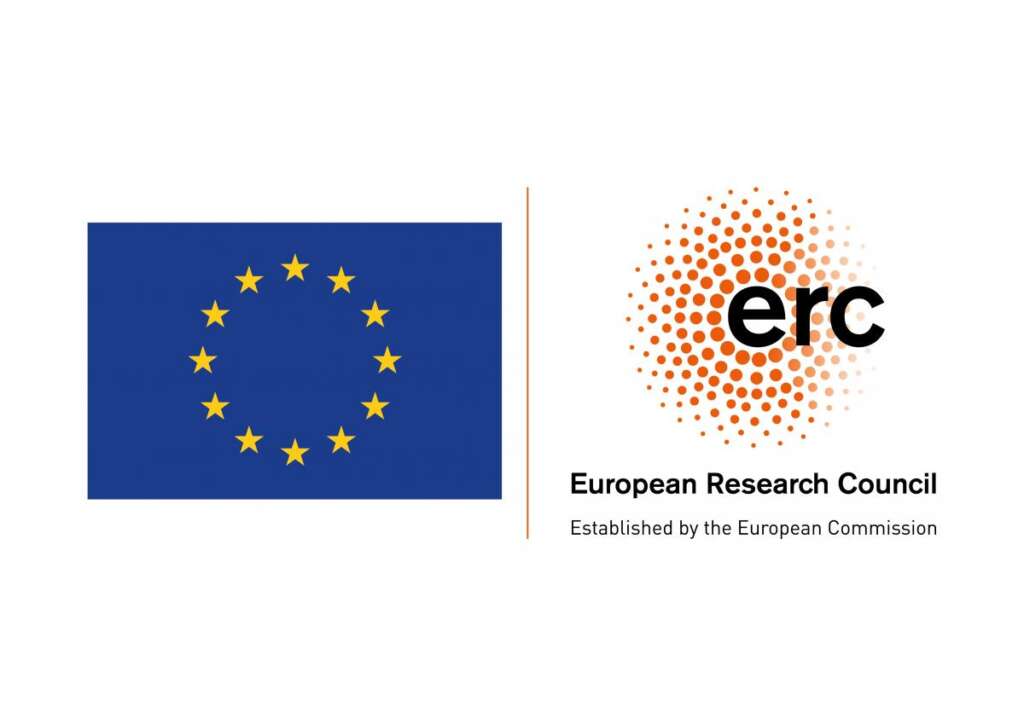Harbers, I., & Hunter, W. (2025). Going the Last Mile: How Social Pensions Make Marginalized Elders Legible and Build the State’s Informational Capacity. Comparative Political Studies, 0(0). https://doi.org/10.1177/00104140251328023
The state’s reach across societal groups is often uneven. Lacking documents that provide official proof of age and identity, many elderly people in countries of the Global South have long resided in the blind spot of states, especially if they are poor, indigenous, live in rural areas, and have labored outside the formal sector. How can states go the last mile and build informational capacity by incorporating particularly marginalized groups? What induces marginalized elders to register their births decades after the fact? Based on cross-national analyses, case studies of Mexico and Bolivia, and a series of difference-in-difference designs, we show that bureaucratic social welfare policies can incentivize identity documentation among hard-to-reach populations. The rollout of social pensions prompted previously unregistered elders to finally obtain birth registration and certification, making invisible elders legible and enhancing the informational capacity of the state.


